 Home Deadly Home
Home Deadly Home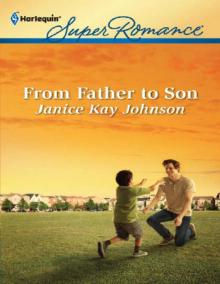 From Father to Son
From Father to Son All the Lost Little Horses (A Desperation Creek Novel Book 2)
All the Lost Little Horses (A Desperation Creek Novel Book 2)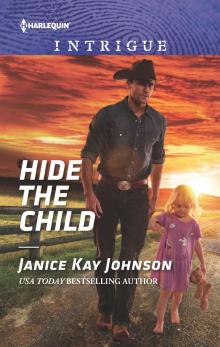 Hide the Child
Hide the Child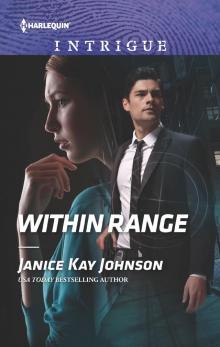 Within Range
Within Range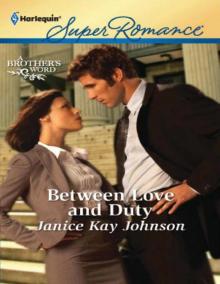 Between Love and Duty
Between Love and Duty First Comes Baby
First Comes Baby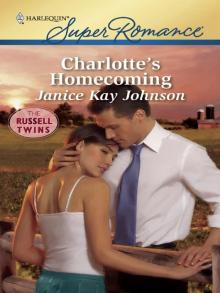 Charlotte's Homecoming
Charlotte's Homecoming In A Heartbeat (HQR Superromance)
In A Heartbeat (HQR Superromance)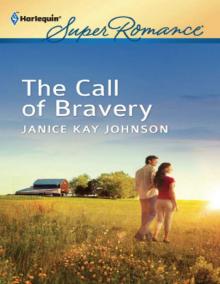 The Call of Bravery
The Call of Bravery In Hope's Shadow
In Hope's Shadow Anything for Her
Anything for Her Harlequin Superromance September 2014 - Bundle 1 of 2: This Good ManPromises Under the Peach TreeHusband by Choice
Harlequin Superromance September 2014 - Bundle 1 of 2: This Good ManPromises Under the Peach TreeHusband by Choice The Baby Agenda
The Baby Agenda More Than Neighbors
More Than Neighbors Her Amish Protectors
Her Amish Protectors All That Remains
All That Remains Whisper of Revenge (A Cape Trouble Novel Book 4)
Whisper of Revenge (A Cape Trouble Novel Book 4)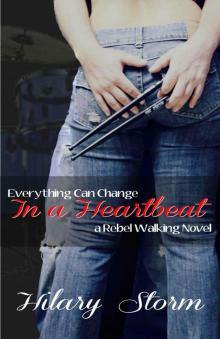 In a Heartbeat
In a Heartbeat A Mother's Claim
A Mother's Claim Because of a Girl
Because of a Girl Back Against the Wall
Back Against the Wall Dangerous Waters
Dangerous Waters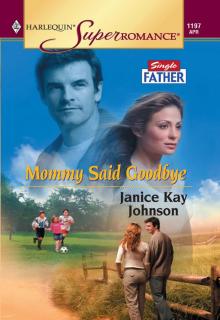 Mommy Said Goodbye
Mommy Said Goodbye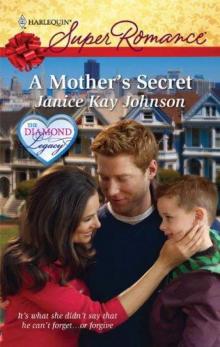 A Mother's Secret
A Mother's Secret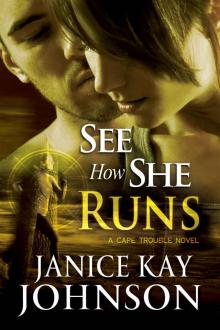 See How She Runs (A Cape Trouble Novel Book 2)
See How She Runs (A Cape Trouble Novel Book 2) Plain Refuge
Plain Refuge Bringing Maddie Home
Bringing Maddie Home For the Girls' Sake
For the Girls' Sake Through the Sheriff's Eyes
Through the Sheriff's Eyes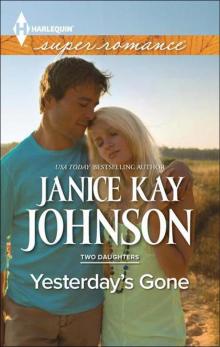 Yesterday's Gone (Two Daughters Book 1)
Yesterday's Gone (Two Daughters Book 1) All a Man Is
All a Man Is Harlequin Superromance January 2014 - Bundle 1 of 2: Everywhere She GoesA Promise for the BabyThat Summer at the Shore
Harlequin Superromance January 2014 - Bundle 1 of 2: Everywhere She GoesA Promise for the BabyThat Summer at the Shore No Matter What
No Matter What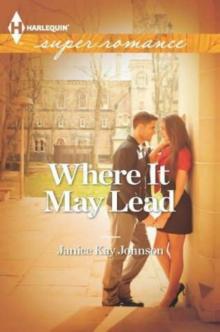 Wakefield College 01 - Where It May Lead
Wakefield College 01 - Where It May Lead Someone Like Her
Someone Like Her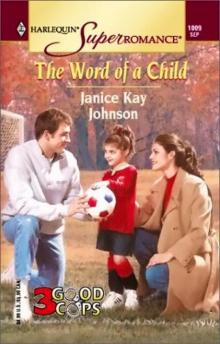 THE WORD OF A CHILD
THE WORD OF A CHILD Harlequin Superromance May 2016 Box Set
Harlequin Superromance May 2016 Box Set Open Secret
Open Secret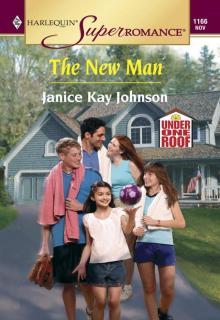 The New Man
The New Man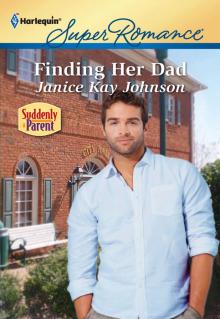 Finding Her Dad
Finding Her Dad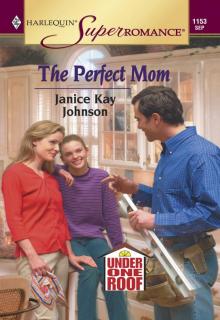 The Perfect Mom
The Perfect Mom All Through The House
All Through The House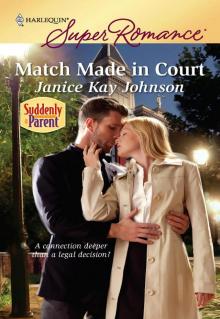 Match Made in Court
Match Made in Court Making Her Way Home
Making Her Way Home From This Day On
From This Day On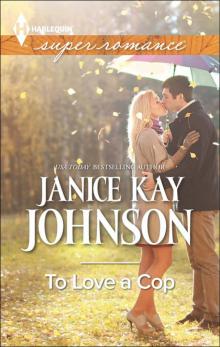 To Love a Cop
To Love a Cop The Hero's Redemption
The Hero's Redemption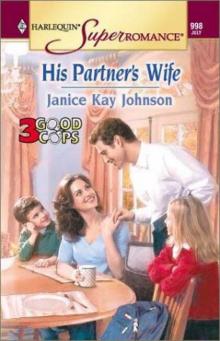 HIS PARTNER'S WIFE
HIS PARTNER'S WIFE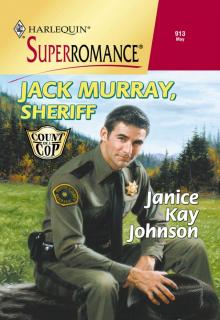 Jack Murray, Sheriff
Jack Murray, Sheriff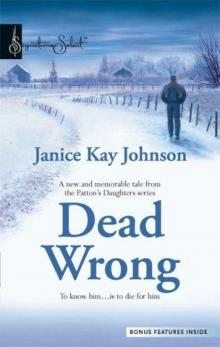 Dead Wrong
Dead Wrong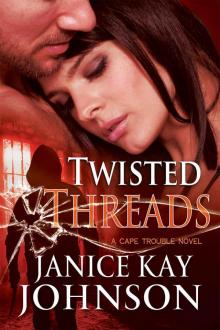 Twisted Threads (A Cape Trouble Novel Book 3)
Twisted Threads (A Cape Trouble Novel Book 3)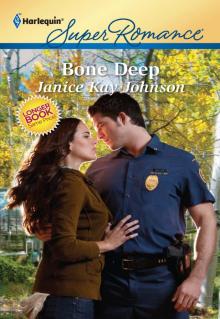 Bone Deep
Bone Deep The Closer He Gets
The Closer He Gets With Child
With Child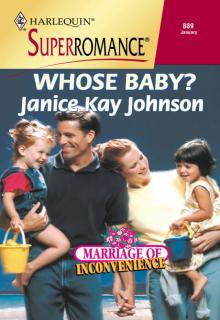 Whose Baby?
Whose Baby? Kids by Christmas
Kids by Christmas